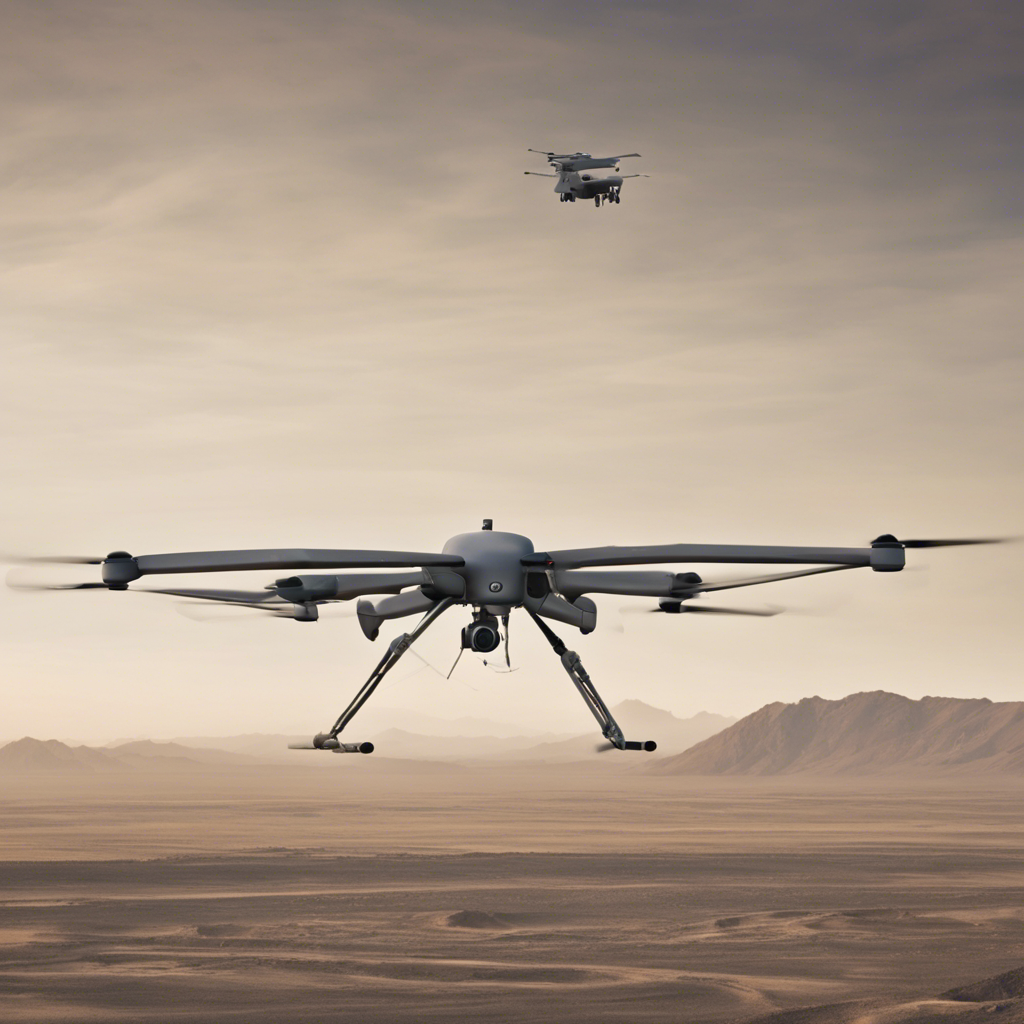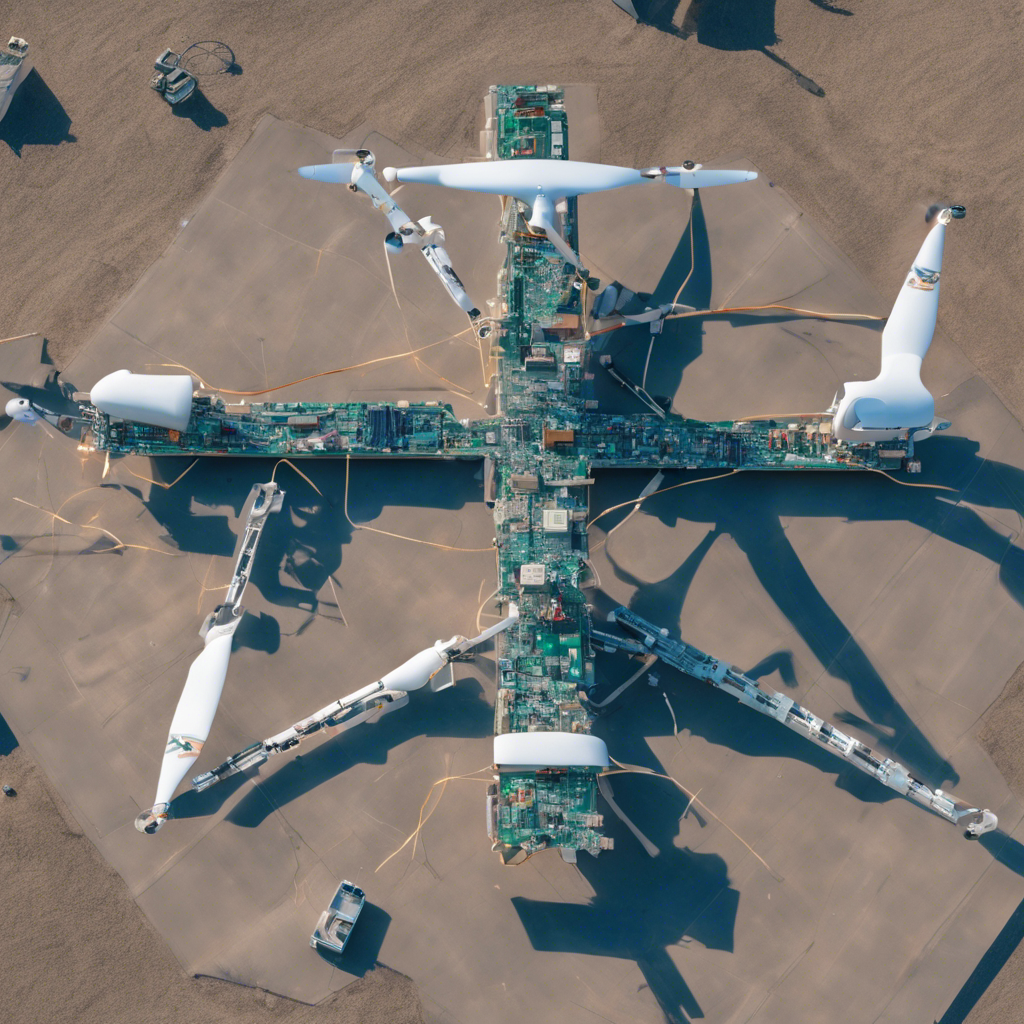U.S. and Ukrainian researchers call for further action to prevent the transfer of Western electronic components to a Russian facility suspected of producing Iranian-designed attack drones.
Western nations are making progress in their efforts to curb illicit transfers of Western electronic components to a Russian facility suspected of manufacturing Iranian-designed attack drones. The White House released a U.S. intelligence finding on June 8, stating that Russia was receiving Iranian materials necessary for building an attack drone manufacturing plant in its Alabuga special economic zone. While Russia claims to rely on its own resources for drone attacks on Ukraine, it has acknowledged receiving drones from Iran prior to its invasion of Ukraine in February 2022. However, researchers argue that more needs to be done to prevent the transfer of components to the suspected Alabuga drone facility.
U.S. Commerce Department’s Sanctions as a Sign of Progress
The U.S. Commerce Department’s decision on December 6 to place 11 Russian companies on its list of entities requiring a license for items subject to export controls is seen as a positive step. These companies are associated with the suspected Alabuga drone facility. In February, the Commerce Department expanded the items subject to U.S. export controls to include semiconductors and other drone components used by Russian and Iranian entities on the Entity List. David Albright, president of the Institute for Science and International Security, commends the Commerce Department’s actions, but believes that more can be done.
Calls for Further Sanctions
Researchers argue that the Biden administration should go further in its efforts to curb the transfer of components to the Alabuga plant. They recommend that the U.S. Treasury and State departments sanction JSC Alabuga, the plant’s owner, along with associated companies to deter foreign businesses from dealing with them. These designations are seen as long overdue and would send a strong message to Russia’s drone industry. Ukraine also supports the sanctioning of JSC Alabuga and other companies involved in Russia’s drone industry.
European Involvement and Interest
Several European governments have shown interest in disrupting Alabuga’s access to electronic components made by companies headquartered in their territories. European companies, including Switzerland-based TE Connectivity and u-blox, Netherlands-based NXP Semiconductors, and STMicroelectronics, have been identified as suppliers of components for Alabuga’s drones. The Institute for Science and International Security’s research on the Alabuga plant has attracted the attention of Switzerland and the Netherlands, who are interested in the information provided.
Responsibility of Electronics Manufacturers
Researchers argue that Western electronics manufacturers must also take responsibility for preventing their parts from ending up in Alabuga’s drones. They suggest that companies work with distributors to promote due diligence and ensure that critical items are not sold without knowledge of the end user. Ukrainian officials express dissatisfaction with finding Western parts in Russian attack drones and call for manufacturers to tighten compliance and know-your-customer procedures.
Conclusion:
While progress has been made in curbing the illicit transfer of Western electronic components to the suspected Russian drone facility in Alabuga, more action is needed. The U.S. Commerce Department’s sanctions on Russian companies associated with the Alabuga plant are seen as a positive step, but further sanctions on JSC Alabuga and associated companies are recommended. European governments have shown interest in disrupting the plant’s access to electronic components. Additionally, Western electronics manufacturers must take responsibility to prevent their parts from being used in Russian drones. The collaboration between Western nations and Ukraine is crucial in countering the transfer of components and disrupting Russia’s drone industry.











